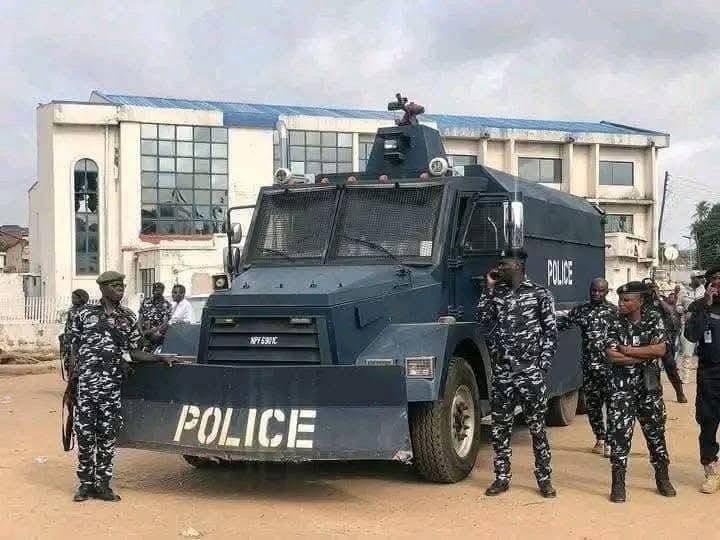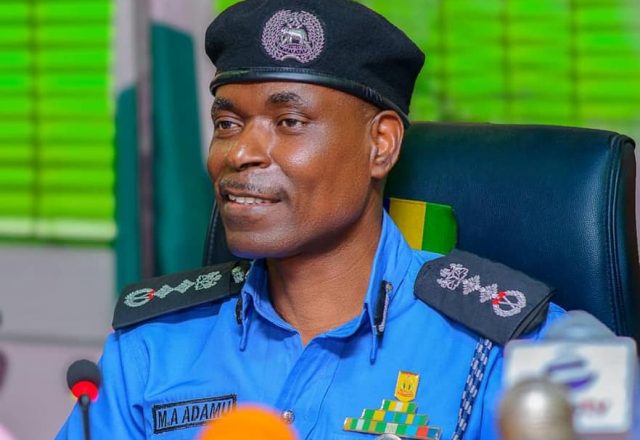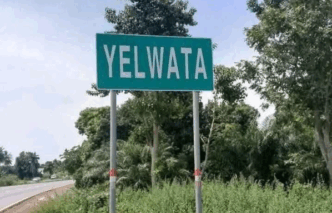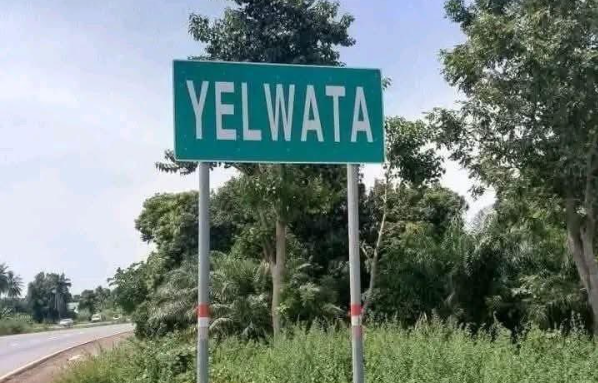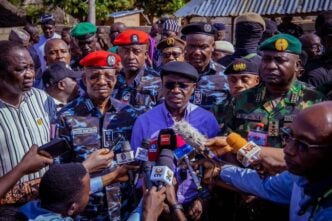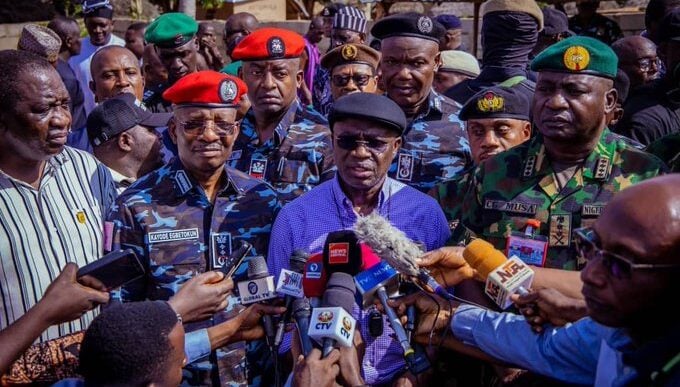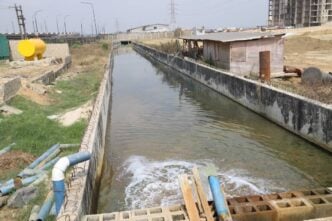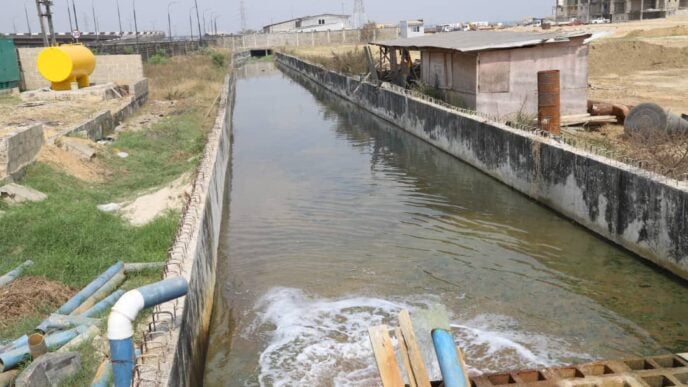BY FUNKE ADEOYE
I served in Makurdi, Benue state, during my national youth service year between 2013 and 2014.
I remember the warmth and hospitality of the people, their brilliance, and their community spirit.
As a Lagos-bred Yoruba girl who did not apply to be redeployed, I often became the subject of light-hearted teasing about the possibility of becoming “the First Lady of the state.” At the time, Yemisi Suswam, the wife of then-Governor Gabriel Suswam, was also Yoruba—and that small detail often sparked conversations wherever I went. Benue was also home to the juiciest mangoes I have ever tasted, as we all know, it remains the food basket of the nation.
Advertisement
But even then, I would get calls from home warning me about news of fresh violence in surrounding communities. The fear was palpable, and the silence from those in power, deafening.
In the wake of the latest massacre in Benue state, the distinction between security and safety becomes painfully important.
Security is reactive; it responds to known threats. Security kicks in when danger is already present: fences go up, guards are deployed. In the recent attacks, even that failed.
Advertisement
The killings occurred in the Guma Local Government Area, near Yelwata—a border town with a military checkpoint reportedly in place for over five years. Yet, the attackers operated for hours. There are questions: Where was the military? How could such carnage continue unchecked, so close to a known security post?
Under Section 14(2)(b) of the 1999 Constitution of Nigeria, “the security and welfare of the people shall be the primary purpose of government.” Perhaps this constitutional promise reflects a larger flaw: we have built a governance model that responds to threats, not one that prevents them.
Security often refers to an external force—armed personnel deployed to “contain” unrest, rather than to understand or prevent it. The police, still largely operating as a tool of the elite, are often disconnected from the lived realities of the communities they are meant to serve. In places like Benue, many of these officers lack not only the trust of locals but also a nuanced understanding of the deep historical, cultural, and socio-economic tensions underpinning the violence. You cannot secure a place you do not understand. And you cannot build peace through force alone.
Safety, on the other hand, is proactive. It is the absence of threat, built on trust, prevention, and responsive governance. It is rooted in context, not just uniforms and checkpoints.
Advertisement
Safety, especially in conflict-affected communities, is people-centred. It requires truth-telling, reparations, reconciliation, and a deep commitment to listening before blood is spilt. It means creating conditions where violence does not fester and communities can thrive.
Benue has endured this crisis for decades. Thousands have been killed. Entire families are displaced. Schools shut down and turned into IDP camps. Yet the state has consistently failed to deliver security, and safety remains far-fetched. While all suffer, women and girls bear the additional brunt—from gender-based violence to exploitation in displacement camps, their bodies and futures become battlegrounds too.
This time, the world took notice. Pope Francis, speaking from the Vatican, offered prayers for the people of Benue—a powerful reminder that even when our leaders stay silent, the world is watching.
What did the Nigerian state do in return? It responded to peaceful protests with tear gas, punishing citizens for mourning their own and crying for help.
Advertisement
We cannot afford to turn away. We must build on this momentum.
The people of Benue deserve more than prayers. They deserve our solidarity, not when the violence ends, but so the violence ends.
Advertisement
History will remember whether we stood still or stood up.
Funke Adeoye is a lawyer and the founder of Hope Behind Bars Africa. She is also a Commonwealth Scholar at the University of Oxford.
Advertisement
Views expressed by contributors are strictly personal and not of TheCable.
